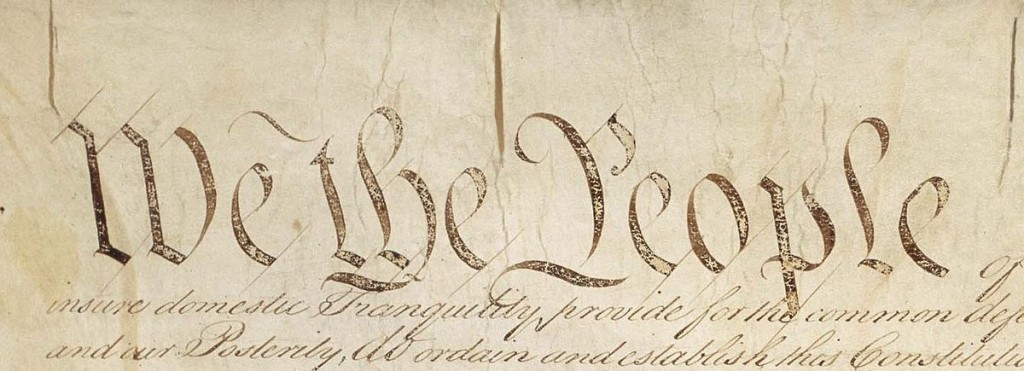
If you are about to enter law school, one subject that you will likely have to cover is constitutional law. Essential to the backbone of any stable democracy, these schools value this subject appropriately, meaning that you will have to study it even if you have no plans to specialize in this aspect of the legal profession.
Even JD Dukes had to take it, so be ready to take it when you get into law school. What are the basics of constitutional law? This article will go in depth on what you need to know.
What is constitutional law?
Constitutional law is the branch of the legal profession that interprets bills passed to govern the relationships of entities within a nation.
For example, these laws will describe the relationship between a legislature and the courts, as they can give Supreme Court judges the right to overturn laws they interpret as unconstitutional.
They also give citizens the right to free expression, and can define the limits of said expression, and give governments the power to fund itself through taxation, among others that allow them to function properly.
What kinds of constitutional laws exist?
The first type of constitutional law defines the legal obligations of governmental bodies to the parties beneath them. They indicate which ministers and departments have authority over others, the kinds of authority that each branch of government has, and which powers get delegated to lower levels.
Another key aspect of constitutional law has to do with defining and protecting human rights within a society. These laws protect the rights of an individual against the interference of the state, the media, corporations, or other actors that exercise authority over people beneath them.
Some nations have designated bills of rights that clearly define what people can or can’t do (like the USA and France), while others rely on case law to set precedents (like the United Kingdom).
Constitutional law also defines how legislative bodies go about operating and drafting laws. Some law making bodies require more than a technical majority to alter the constitution, while another common process in parliamentary democracies is to force legislators to read and vote on a bill up to three times before they can officially be ratified as a law of the land.
It is an important cornerstone of any lawyer’s education
Despite the fact that they may choose to go on to practice another branch of law, many law schools require students to take courses in constitutional law during their time in school.
Being such a profound aspect of the existence of a society governed by the rule of law, they view it as a vital aspect of any future lawyer to understand.
Many clients have cases that involve a potential violation of the constitution at some point in a lawyer’s career, so having a firm understanding of these issues is key if they are to serve them effectively.
The rule of law provides the foundation upon which a stable democracy sits
Nations that have strong constitutional laws tend to be the ones that are among the most stable in the world. The principle of the primacy of these regulations give no room for the wielding of arbitary power, and they treat all citizens as equals before the law.